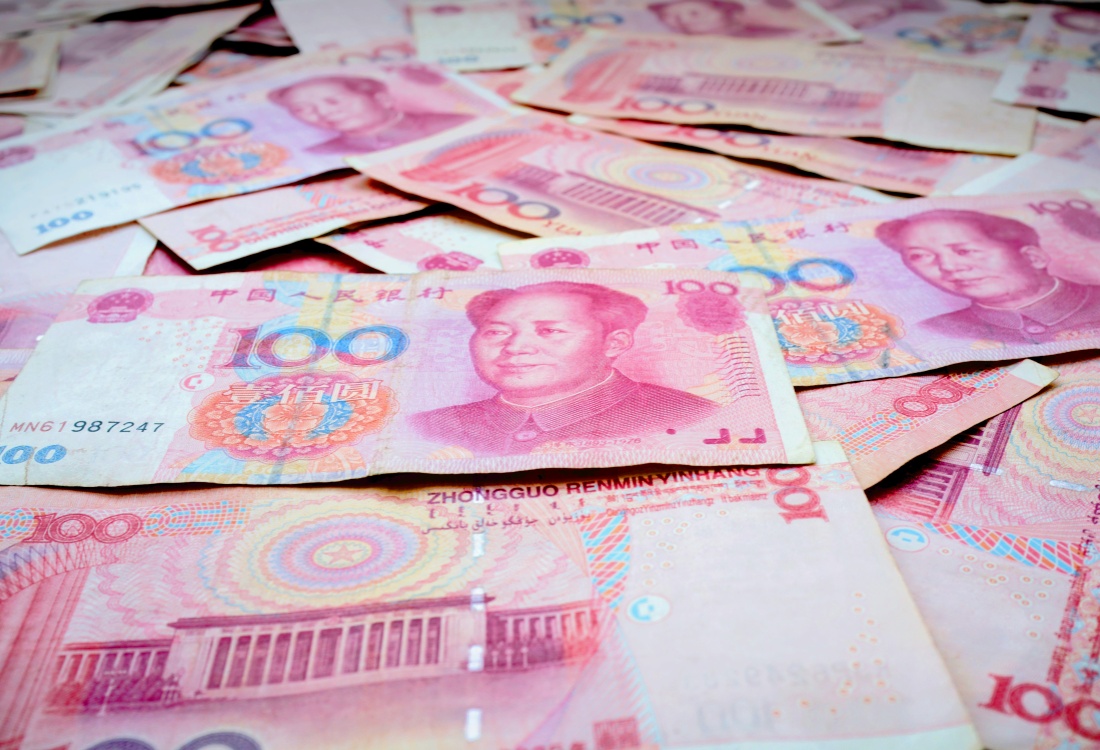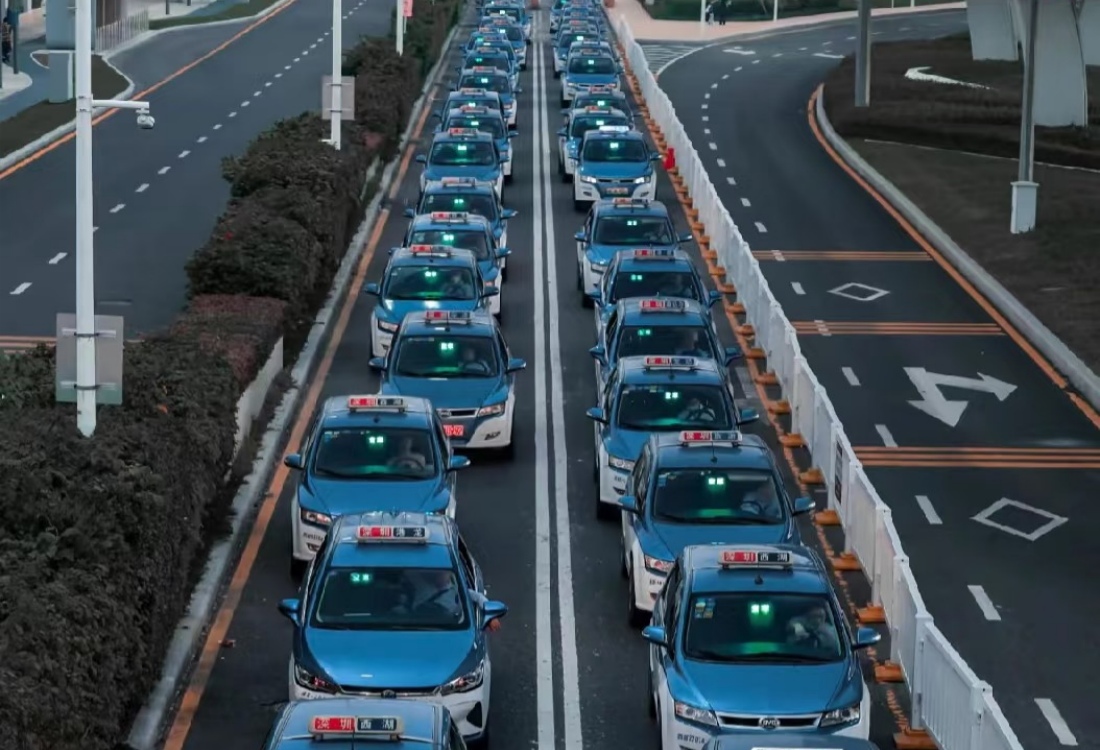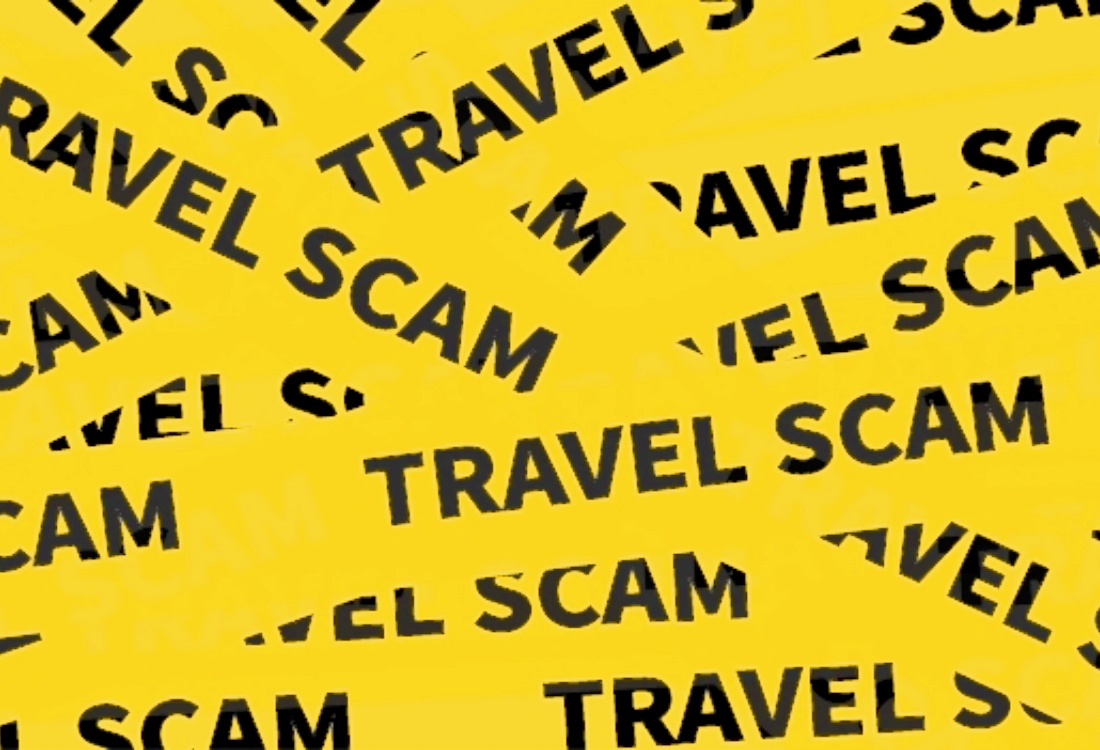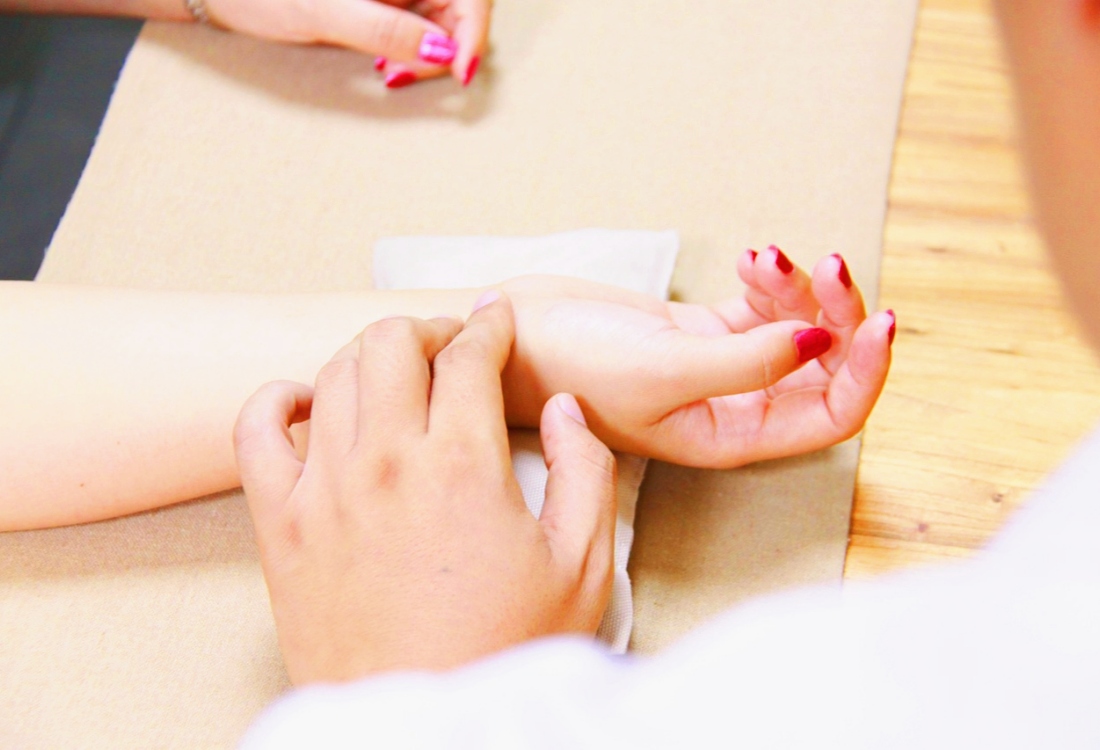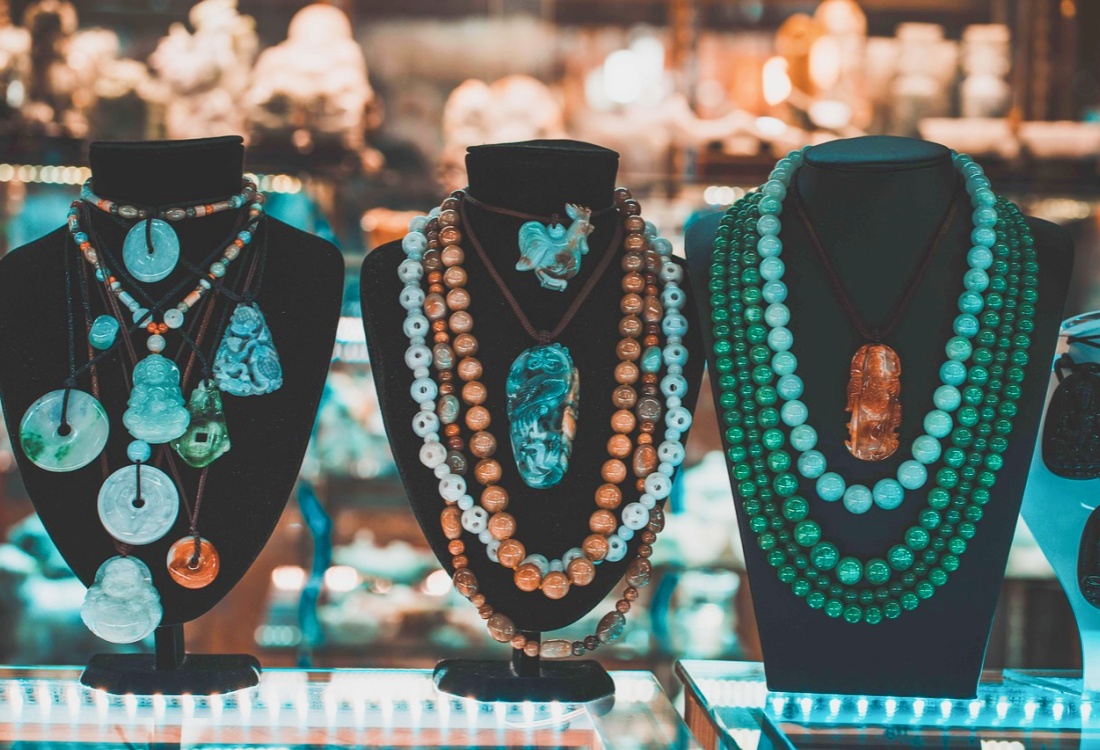Table of Contents
ToggleChina is a fascinating travel destination, offering rich cultural experiences and breathtaking landscapes. However, tourists should remain cautious about counterfeit money, as fake banknotes are still an issue in some areas. To ensure a smooth trip, here are some practical tips to help you identify and avoid counterfeit money while traveling in China.
1. Use Digital Payments in China

China has a highly developed digital payment system, with platforms like Alipay and WeChat Pay widely accepted. Using these apps for payments significantly reduces the risk of receiving fake cash. Many shops, restaurants, and even street vendors now prefer mobile payments, making it the safest option.
2. In China, Exchange Money at Official Banks or ATMs

Avoid exchanging money at unauthorized exchange booths or through individuals offering seemingly better rates. Instead, use reputable banks such as Bank of China, ICBC, or China Construction Bank. If you need cash, withdraw money from official ATMs inside bank branches to reduce the risk of receiving counterfeit bills.
3. Learn How to Identify Fake Chinese Banknotes
Familiarize yourself with the security features of Chinese banknotes, especially the 100 RMB and 50 RMB bills, as these are the most commonly counterfeited.
Here are some key features to check:
- Watermark: Hold the bill up to the light to see Mao Zedong’s face as a watermark.
- Color-Shifting Ink: The denomination number on the bottom-right corner should change color when tilted.
- Raised Printing: Genuine bills have a textured feel, especially on Mao’s portrait and the large numbers.
- Security Thread: A thin metallic strip should run through the bill.
4. Be Cautious with China Street Vendors and Taxis

Scammers may attempt to swap real bills with fake ones while giving change. Always check your money immediately when receiving change from small vendors, taxis, or market stalls. To avoid this, pay with exact change whenever possible or use digital payments.
5. Refuse Torn or Damaged Bills

Sometimes, fake money is disguised as worn-out or damaged bills. If a vendor hands you a suspiciously old or torn bill, politely request a different one.
By following these tips, you can significantly reduce the risk of receiving counterfeit money and enjoy a stress-free journey in China. When in doubt, rely on digital payments for the safest transactions. Safe travels!

